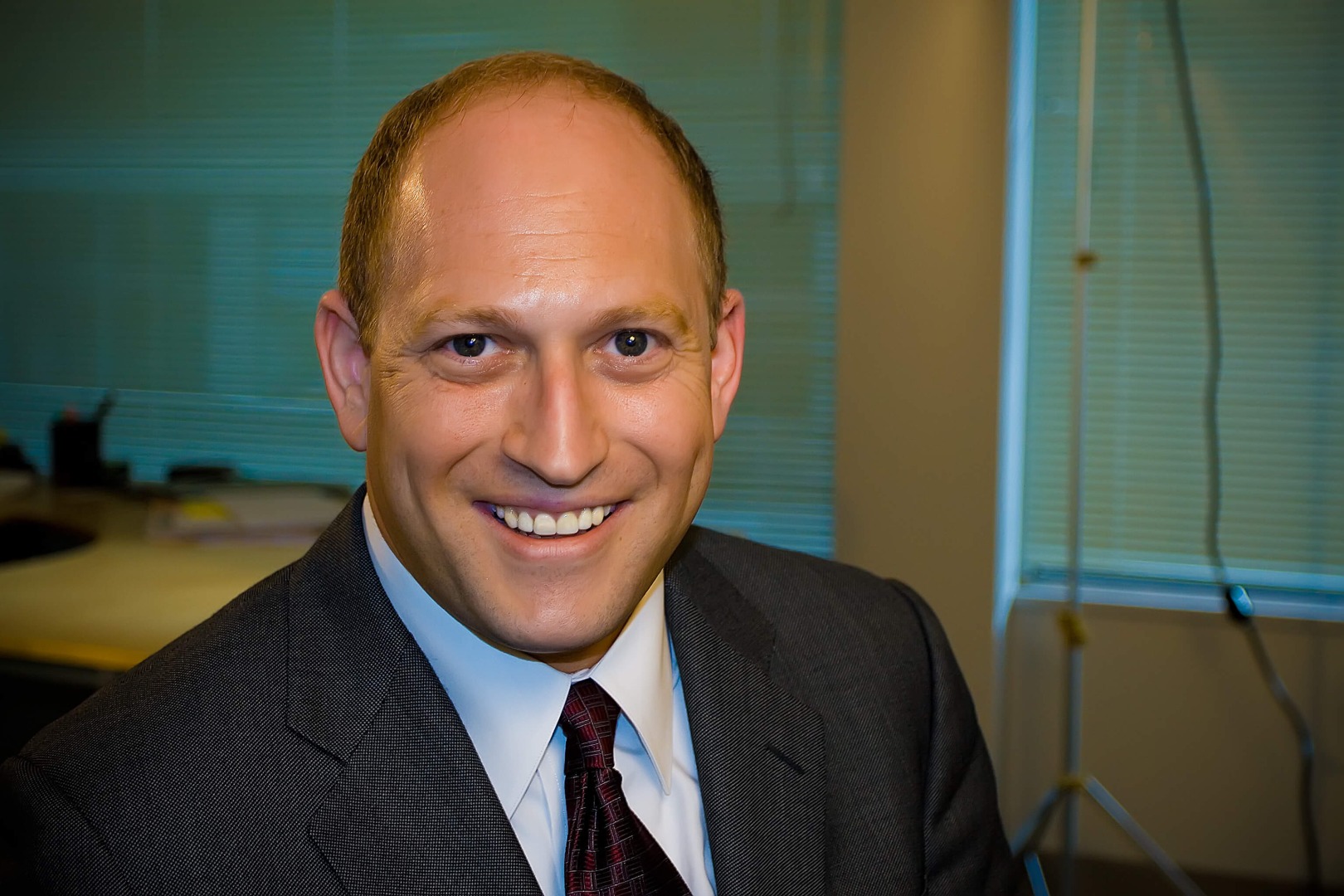Comments
- No comments found

When RAINN was founded by Scott Berkowitz in 1994, the organization had one mission: to run a telephone hotline to help those affected by sexual violence.
For a while, it focused on doing just that. “The goal was promoting the hotline and getting the number out there,” says Berkowitz.
According to Berkowitz, it soon became obvious they weren’t thinking big enough, and that the Rape, Abuse, & Incest National Network was missing out on an opportunity to teach people about prevention and support. “After a couple years, it was clear that there was a whole lot more that needed to be done on this issue — and that we were the ones best positioned to do it,” Berkowitz reveals. “We weren’t taking full advantage of our relationships with TV networks and the media, and we realized we could be using them to really change attitudes. That’s when we expanded our mission significantly,” says Berkowitz, “and made public education and public policy a part of it.”
Years later, RAINN further expanded its mission to focus on working directly with schools, federal agencies, and companies like Uber and Royal Caribbean to train and help them better prevent and respond to sexual violence and misconduct. “It has let us implement our mission in a whole new way,” says Berkowitz.
This expansion allowed RAINN to work on both the big picture and to directly influence how institutions deal with the issue. “Our education work is very macro,” Berkowitz explains. For example, RAINN work with TV producers to “make sure that scripts of shows accurately reflect the reality of the issue.” Its work with companies is very hands-on, helping them navigate the complexities surrounding sexual violence. "In working with these companies that have hundreds of thousands of employees, we’re able to go in there and, on a very granular level, help them change and improve their day-to-day operations and their communications with employees and customers and directly help them create safer workplaces,” Berkowitz says.
Berkowitz has noticed some significant changes, thanks in part to RAINN’s education efforts. He says the media has come a long way. “We’ve seen a huge evolution with reporters who cover the issue. They’re just so much more sensitive to survivors and more understanding of the nuances of what they're writing about now than they were years ago.”
The public discourse around sexual assault has also evolved. “Public understanding is much better than it used to be,” says Berkowitz. "When RAINN started, people overwhelmingly believed in the idea that all rapists are a stranger on a dark street, and that the typical assault involved physical violence and, often, abduction. We are educating them about the fact that about two-thirds of the time, in some way, the perpetrator knows or has access to the victim,” he explains, noting that RAINN has been careful to communicate that fact without veering into victim-blaming territory. “We never want a survivor to think they somehow contributed to the assault. A sexual assault is always, and entirely, the fault of the perpetrator.’ So we tested different ways to talk about it and we landed on the kinds of messaging that would resonate and not do harm.”
Scott Berkowitz says RAINN is continuing to learn, too. “Even after 28 years, we try to keep the mentality of a startup,” he says, adding, “We always want to be reinventing what we're doing.” The organization is constantly figuring out ways to stay connected to young people. “The demographics of this crime are very young,” Berkowitz explains. He says roughly 80% of victims are under 30, and nearly half are under 18. “Teenagers today didn't see the public education or the outreach we were doing about the hotline five years ago, so you've got to constantly adapt what you’re doing to the needs of the audience and the needs of those who are surviving assaults in the current era.”
He feels optimistic about the future. “There’s a much greater willingness among those who are currently in high school and college to share things,” Berkowitz says. “Social media has allowed folks to share their story on their terms. One continuing challenge is that the vast majority of sexual assaults are not reported,” he adds, “so the fact that there’s less shame there and less self-blame is encouraging — and I’m hopeful that over time, it will also lead to a higher reporting rate, and to a better law enforcement response when it is reported.”
Leave your comments
Post comment as a guest